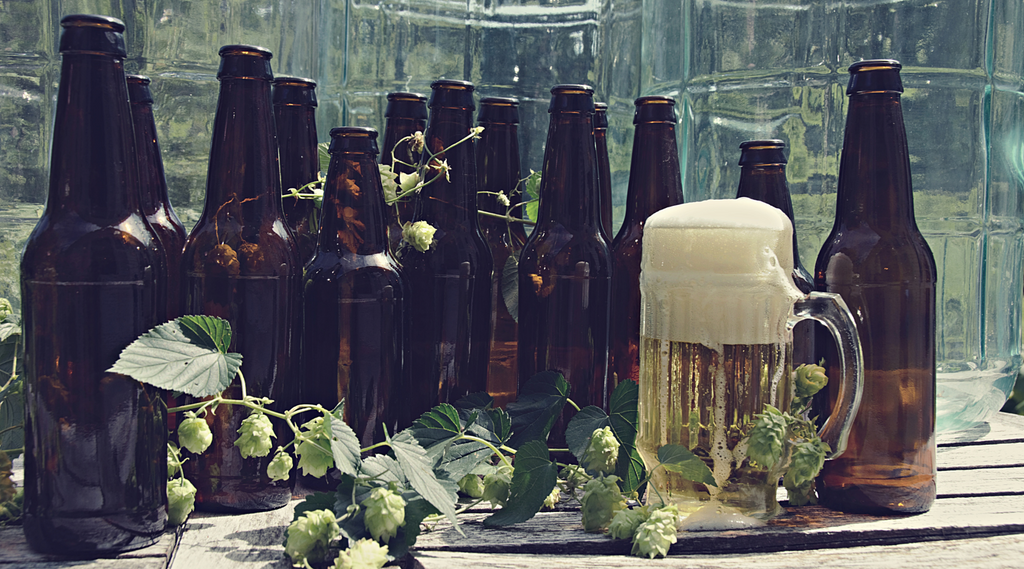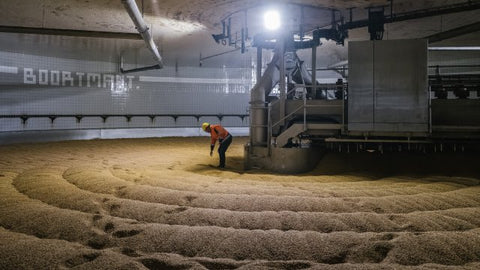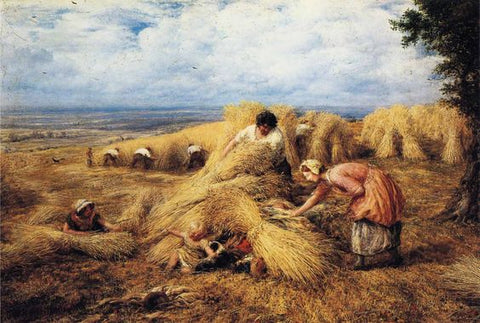
The Ultimate Guide for Beginners to Homebrewing Beer
It is no surprise that any beer enthusiast at one point would become curious to try to brew their beer. After having tasted so many delicious beers, it is tempting to have your own. Plus, brewing can be so exciting when you can experiment with tastes and aromas.
So now you want to give it a try and brew your beer at home. But where to start? The best way to start is to get informed. Thus, here is a guide to homebrewing your beer.
In this homebrewing guide, we will talk about:
- History of homebrewing beer
- Is homebrewing hard?
- What do you need for homebrewing beer?
- What are the different processes of beer brewing?
- Beer brewing techniques
- Final tips for homebrewing beer
History of homebrewing beer
In mediaeval times, home brewing was very common. Drinking beer was not just about enjoying and having fun. People relied on beer because it was safer to drink than water that was often polluted. The industrial revolution brought many opportunities for brewers. While beers used to be smoky as the open fire was used, the invention of thermometers and steam engines gave brewers the ability to have more control over the process and evolve beers and bring better and more complex tastes. Now, homebrewing has become a popular hobby that beer enthusiasts enjoy during their spare time.
Is homebrewing hard?
The answer here is debatable and depends on many factors. Firstly, have you done enough research? Do you have all the necessary ingredients and equipment? The better equipment, the easier it will be to brew your beer. Be prepared for a bit of trial and error. While some processes may seem intimidating and there is a lot to learn, it is important to have fun. The experimenting and learning process is often better than the final product.

What do you need for homebrewing beer?
- The ingredients
Before you start, you need to know the four basic ingredients. First, and essential to beer brewing is water, as 85% of beer is made of water. The better quality the water has, the better the beer. Nevertheless, it is common to use tap water. Hops are what makes the beer, providing beer flavour and aroma and helping keep the beer fresh longer. Malts are processed grains with high starch content, which are used for the formation of sugar that is eventually turned into alcohol. And finally, the yeast. The yeast is what converts the sugar into alcohol.
- The equipment
When you have the right tools, brewing can be easy. You will need a large pot to boil the wort (unfermented beer). The mash tun is used when you do all-grain brewing from the extract. An essential piece of equipment is the fermenter, where the sugary solution is turned into alcohol. Beginners often start with a large plastic bucket with a hole drilled in it for a small faucet and a second hole drilled in the top for a bubbler to remove excess carbon dioxide.

What are the different processes of beer brewing?
To get you started, you need to know some of the basic processes of brewing. The first and most important is to sanitise. No one wants to get their patch ruined by contamination. Mashing is a process where complex starches convert sugars. Wort boiling sanitises, concentrates and contributes to the final composition. It controls the body, flavour and palate fullness. As we already mentioned, fermentation is part of the process where the sugars are converted into alcohol. And finally, do not forget about packaging your beer. You can bottle your beer, and it’s easy to bring your new brew to a friend's party. Or you can keg it, which can be more costly but can be served on a tap like in any bar. Re-sealable bottles are very popular among home brewers. Legend has it that honey beer sales are due in part to the reuse of their bottles.
Beer brewing techniques
Now that you already have some good basic knowledge, let’s look at the different techniques of beer brewing.
- Make a yeast starter. Yeast can reproduce itself, so it would be clever to get it started and then use the reproduced yeast again and again. For convenience, many home brewers use dry yeast bags.
- If you are a fan of hoppy beers, like IPA’s, then pay attention to this part. Dry hopping is adding the hops back to the beer. This technique allows for to preservation of the flavour and aroma.
- You can also experiment with step mashing, where the temperature is increased through a series of rests to produce more variety and distinctive beers.
- You may start with a hazy beer, but using the beer clarification technique can help you make a clear beer. You can clarify beer by either adding enzymes to the wort, choosing the raw materials carefully, using a batch sparge or a wort chiller.

Final tips for homebrewing beer
Finally, here are some tips and tricks to know about homebrewing beer.
- This cannot be emphasised enough, but you must know all the steps well, know how to operate the equipment and study the recipe throughout so you know what ingredients to use.
- Start with something easy. You might be eager to create the next award-winning beer, but before you can get there, start with something simple. This way, there is less room for error, and it is a great way to learn.
- Patience is key. It is tempting to taste your first beer fast. Remember, the beer won’t go bad if it sits in the fermenter longer than necessary.
- And of course, have fun and enjoy. It is the only way to have something good come out of your new hobby!
Commonly asked questions by amateur brewers:
Do I need to have a special room or space to make my own beer?
No, that is not necessary. For instance, you can easily brew your own beer in your kitchen. Just make sure that the space you are using is well sanitised and you have enough space to put your brewing kit.
How long does it take to have my first beer ready?
The time of making the beer depends a bit on the recipe, quantity and method. You can consider around five to six weeks to have your first beer ready. This is enough time for the preparation phase, fermenting, maturing and finally bottling the beer.
How much does it cost to brew your own beer?
The cost of brewing your own beer mainly depends on the equipment you purchase. The beer brewing kits can cost anywhere from €30 to €100 and more. It is not necessary to invest a lot of money to brew your own beer, especially if you do it just for fun or as a hobby.
How do I know how much alcohol my beer has?
You can use an alcohol calculator tool to measure the level of alcohol in your beer. Otherwise, you can use a densimeter or refractometer to measure the density of your beer before and after fermentation.
We can’t wait to hear your homebrewing stories!



Leave a comment